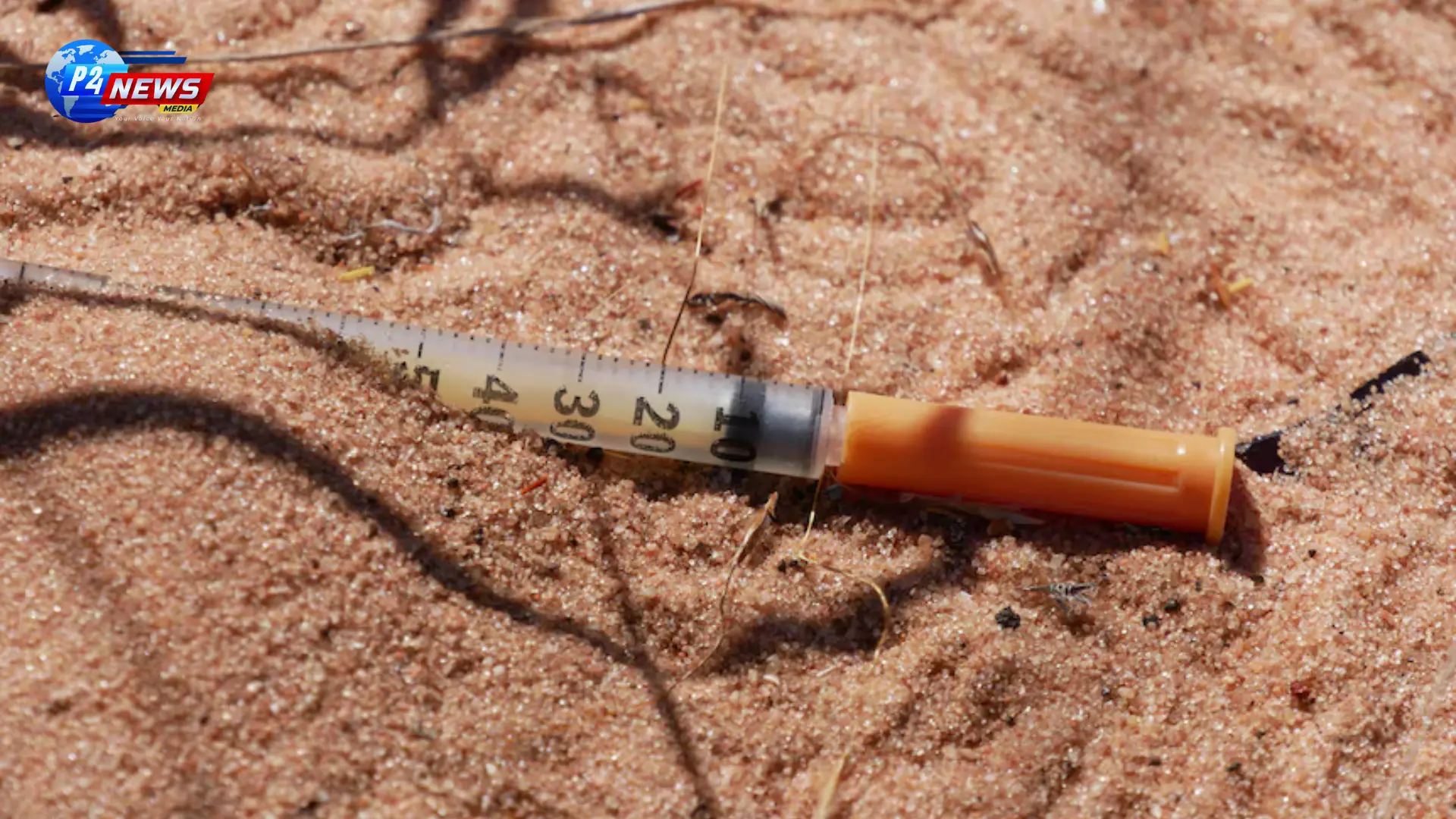Recent gatherings in the Kimberley region highlight the alarming rise of inexpensive methylamphetamine, known locally as "ngarbs," wreaking havoc in Fitzroy Crossing, where community members and health authorities express deep concern over the drug's impact on families and social stability. With the growing prevalence of meth surpassing the costs of black market alcohol and marijuana, community members call for immediate action and support services.
Urgent Plea from Kimberley Locals as Methamphetamine Crisis Escalates
In the heart of the Kimberley region of Western Australia, a growing concern has emerged as local leaders and community members rally to address the dire situation caused by the affordable supply of methylamphetamine. Known colloquially as "ngarbs," this potent drug has become disturbingly cheaper than alcohol and marijuana, placing immense pressure on the Fitzroy Crossing community.
At a recent community meeting, emotions ran high as parents and local representatives voiced their worries. Selina Middleton, a mother whose son is incarcerated due to meth use, was among those who shared her heartbreaking story. “I'm devastated,” she lamented, calling for a detox center and rehabilitation services to support struggling families. Her sentiments echoed through the crowd, which gathered on a sweltering day near the Great Northern Highway, indicating the severity of the situation.
The gathering brought together approximately 100 attendees, including health service representatives, police, and Aboriginal corporation members. The alarming statistics presented by Ishmael Croft, a local alcohol and drug worker, revealed a sharp increase in meth-related hospital admissions, with ten incidences recorded in just three months. The community faces a significant challenge as they grapple with the impact of methylamphetamine addiction.
Local women expressed their frustration at the cyclical nature of the drug crisis. One attendee pointed out that many men in the community are incarcerated due to drug-related crimes, leaving women to shoulder the burden of raising children alone. “Our kids are being taken away from us,” she stated, emphasizing the urgent need for a supportive framework to avert further devastation.
Fitzroy Crossing, a town with just over 1,000 residents, has limited healthcare resources, lacking specialized drug services. The nearest rehabilitation center is located hundreds of kilometers away. Calder’s statements underscored the stark reality: meth is now more accessible than ever, and the conventional treatment options are notably scarce. His observations reflect a troubling trend of rising methamphetamine use in remote areas compared to urban locations, worsening the crisis.
The 2022-23 National Drug Strategy Household Survey confirmed that meth use is more prevalent in remote regions. The consequences of this are especially dire, as families often face the collateral damage of addiction—forged through lost futures, increased incarceration rates, and shattered lives. Community members are united in calling for intervention from authorities, begging for dedicated services and local representation in rehabilitation efforts.
Local police officer Mark Howe also urged residents to report drug dealers, assuring anonymity for those who provide information. The importance of community engagement in the fight against drug abuse cannot be overstated, and Howe’s plea reflects the growing recognition that comprehensive solutions require collective action.
As Fitzroy Crossing continues to confront the escalating methylamphetamine crisis, locals advocate for the establishment of a community-led task force to devise strategies and lobby the government for help. The need for a rehabilitation center, mental health services, and immediate intervention resonates deeply throughout this tight-knit community. The time for action is now, as families search for a way to restore hope and safety in their community.
For those grappling with addiction or its effects, support is available through services like Path2Help, Family Drug Support, and SHARC, offering essential resources and guidance. The community's heartfelt cries for help highlight the dearth of options, as they fight tirelessly to reclaim their futures from the clutches of methamphetamine.
















Comments 0